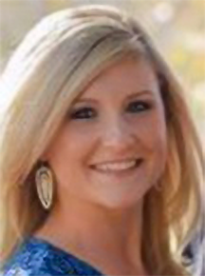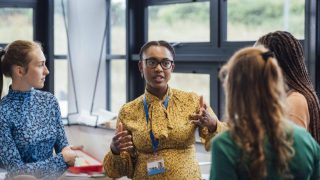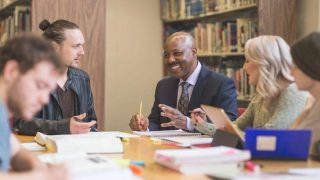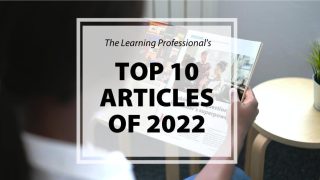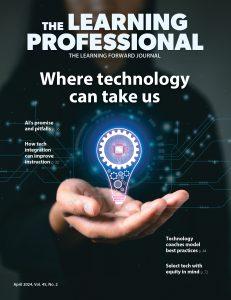By Whitney Young
What do you get when you gather a 1st-grade teacher, district instructional coach, assistant principal, principal, director of technology, director of human resources, and a superintendent? These are the members of my Learning Forward Academy learning team — a team that has been working together for two years to solve the significant student learning problems in our schools and districts. We are one of the many learning teams from around the world in the Academy Class of 2018.
Each team member brought an authentic problem of practice from the workplace to the Academy and designed learning plans to address these challenges. My problem of practice focused on how to empower educators to enhance their instructional practice, become professional learning experts at their schools, and, ultimately, improve student outcomes through relevant learning sessions for teacher leaders.
I serve in a large urban district of 180,000 students outside of Atlanta, Georgia. The district recognized a need for professional learning for teacher leaders facilitating learning teams.
As a district instructional coach, I have gained insight from the diverse perspectives of Academy members in a variety of local school and district roles. Through the Academy experience, my problem of practice evolved into a personalized learning plan with comprehensive steps detailing how to develop, implement, and assess the learning sessions, including impact on teacher practice and student achievement.
The Teacher Leader Professional Learning Series
The Teacher Leader Professional Learning Series in our district, which has been informed and strengthened by the Academy experience, is offered each semester and includes three sessions: Best Practices of Facilitation, Holding the Focus on Student Achievement, and Navigating Conflict and Resistance. Leading effective collaboration requires knowledge of adult learning theory, the art of facilitation, understanding the impact on student achievement, and navigating conflict and resistance. To date, more than 500 educators in over half of our schools have participated in the series.
We offered customized learning to support school requests. Teachers who completed the series facilitated the semester series and summer conference sessions, building instructional capacity. Anecdotal information from participants indicates more effective teacher-led learning teams and improved educator and student outcomes.
Participants’ feedback was instrumental in refining my problem of practice, including the additional support they need to successfully implement the learning at their local schools.
Critical Friends
The Academy experience provided opportunities to collaborate both face-to-face and virtually. During face-to-face sessions, I made progress toward solving my problem of practice through the continuous refinement of my SMART goal, theory of action, and logic model. The learning continues for the entire Academy group and within our small learning groups.
Members of my learning team also serve as critical friends to one another, offering encouragement and ongoing feedback through collegial conversations. We examine one another’s problems of practice, discuss challenges, make changes, and celebrate successes. While each of our problems of practice stem from very different challenges, we were able to use the critical friends process and protocols to fine-tune our work and offer timely and actionable feedback.
This process has positively impacted my district as we share Academy protocols and best practices. Professional learning communities and protocols that promote collegial collaboration and the cycle of continuous improvement are now embedded in the Teacher Leader Professional Learning Series.
Learning Forward’s Standards for Professional Learning (Learning Forward, 2011) are foundational to the learning and the work. These standards continue to sustain highly effective professional learning in our districts. Understanding how to implement the Standards for Professional Learning, Innovation Configurations, change theory, the continuous improvement cycle, and program evaluation has been vital to the success of my learning plan and solving my problem of practice.
Transformation
As I reflect on my learning in the Academy, I am most grateful for the leader and learner I have grown to be. I have learned to use an inquiry-based approach when addressing problems in my field. I have learned to be a reflective practitioner as I aim to impact student achievement in all that I do. I have also learned how to advocate for professional learning as an investment in educator capital that will yield positive outcomes for teachers and students.
Where are you on your learning journey? How are you making a difference for students? I encourage you to consider the challenges you face in your work and develop a plan of action to solve your problem of practice.
This post originally appeared in Learning Forward’s PD Watch.
Reference
Learning Forward. (2011). Standards for Professional Learning. Oxford, OH: Author.
About the author
Whitney Young is a staff development instructional coach in Gwinnett County (Georgia) Public Schools and a member of the Learning Forward Academy Class of 2018.

